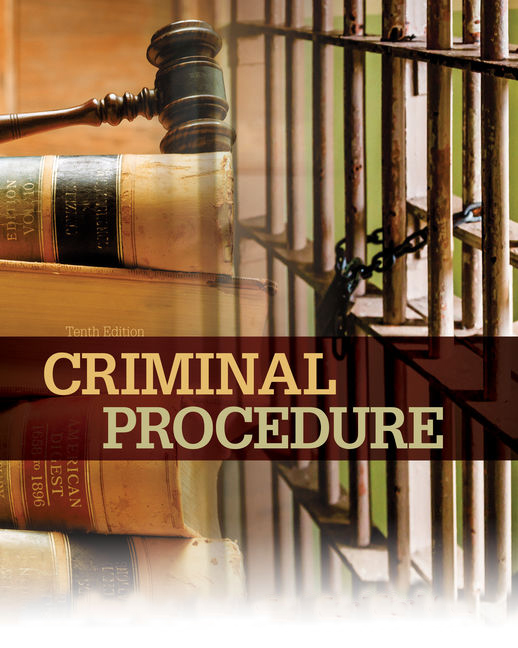Section 378 Code of Criminal Procedure is not limited to seeing whether or not Trial Court’s view was impossible: Supreme Court
On deciding whether the High Court can interfere with the decision of Trial Court’s view, it was held that homicidal death cannot be left Judicium Dei and the scope of section 378 Cr.P.C cannot be restricted to a precautionary principle. This Judgment was passed in the case of Achhar Singh vs. State of Himachal Pradesh with Budhi Singh vs. State of Himachal Pradesh [Cr.A.No. 1140-1141/2010] by a Double Bench consisting of Hon’ble The Chief Justice and Hon’ble Shri Justice Surya Kant.
The Appellant No. 1 was convicted for offences under section 452, 326 and 323 of the Indian Penal Code with rigorous imprisonment for 5 years and fine while Appellant No. 2 was convicted for offences under section 302 and 452 of the Indian Penal Code with imprisonment for life and fine. The prosecution’s case is that the complainants wife and mother attended the wedding function in a nearby village, where Appellant no. 2’s daughter got married. Due to the social boycott the family of complainant never attended any marriage function at the appellant’s house. While taking Dhaan both the appellant with other villagers started shouting at the complainant and his father. The assailants broke open the door, entered into the house with arms such as axes, spears and sickles. It was alleged that Appellant no.2 attached the mother with an axe due to which she died, the complainant and his father were beaten up by villagers and Achar Singh and the wife was threatened by them. The compliant filed a case in the police station the next morning. On investigation it was found that 7 people were involved in the attack who were charged under section 147, 148, 452, 506, 323, 302 and 326 of the Indian Penal Code.
The Additional sessions judge acquitted the accused, on the grounds that the witness statement and the evidences placed before the court contradict each other. And the allegations made by the complainant could be exaggerated due to the rivalry between the parties. The High court on re-appreciating the evidence set aside the acquittal of the appellant and acquitted the other 5 accused. The High Court while rendering the judgment held that however messy the evidence was and contradictions were present there was a common thread of evidence against the appellants.
The Hon’ble Supreme Court after hearing the parties inferred that the question in hand if the High Court under section 378 of the criminal procedure code can interfere in the acquittal of the trial court. The court opined that while it is a principle that when two views are possible, the High Court ought not to interfere with the trial court judgment. However, the same cannot be used for the application of Section 378 Cr.P.C.; and restrict its ambit.
The Supreme court on the basis of case of Gangadhar Behra vs. State of Orissa [2002 8 SCC 381] and Hari Chand Vs. State of Delhi [1996 9 SCC 112] held that even in cases where a major portion of the evidence is deficient, if the residue proves that the accused is guilty that is sufficient. Further it emphasised that homicidal death cannot be left to “judicium dei” i.e., hands of god. Based on the judgments such as Basalingappa vs. Mudibasappa, Supreme Court held that, an order which is contrary to evidence is perverse. Therefore, the High Court rightly intervened.
Based on the above reasons, the Supreme Court dismissed the appeals and held, “Achhar Singh’s Conviction under section 452, 326, and 323 IPC and Budhi Singh’s conviction under section 302 and 452 of IPC by the High Court are maintained.”

